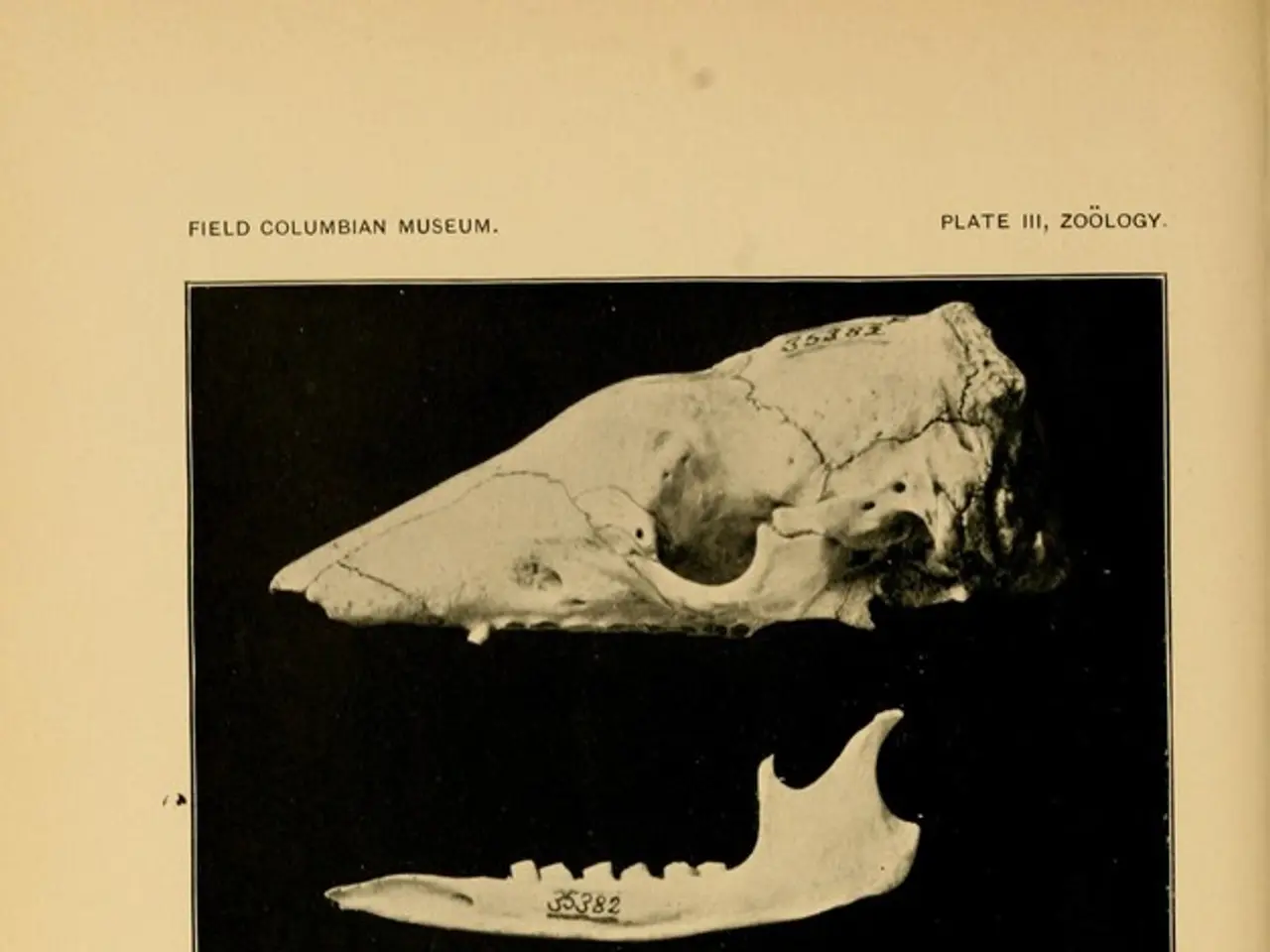Rheumatic Disease Fatigue: A Growing Focus for Researchers
Fatigue, a common symptom in people with rheumatic diseases, is receiving increased attention from researchers. Prof. Dr. Andreas Schwarting, president of the DGRh, stresses the need for intensive research and systematic treatment of this debilitating issue.
Fatigue significantly impacts daily life, hindering quality of life, work ability, and social participation. It is now recognized as a central symptom, not a mere psychosomatic side effect. Research is uncovering potential mechanisms, such as immune cell activations and autoantibodies crossing the blood-brain barrier. New studies suggest inflammatory processes in the central nervous system and disruptions in cellular energy metabolism may also play a role.
Currently, fatigue is assessed through subjective questionnaires, with no objective diagnostic test available. While there is no targeted therapy, ongoing research is exploring specific antibody therapies and personalized therapy control using biomarkers. A multidimensional approach, similar to how pain or functional restrictions are treated, is deemed necessary to tackle fatigue effectively.
Fatigue in rheumatic diseases is a pressing issue that requires more research and targeted therapies. Although there are no specific treatments yet, ongoing studies show promise in developing antibody therapies and improving diagnostic methods. The medical community is committed to understanding and addressing fatigue's impact on those affected.






